Bayesian Gaussian Mixture Models for High Density Genotyping Arrays
Chiara Sabatti, Kenneth Lange
Affymetrix's SNP (single nucleotide polymorphism) genotyping chips have increased the scope and decreased the cost of gene mapping studies. Because each SNP is queried by multiple DNA probes, the chips present interesting challenges in genotype calling. Traditional clustering methods distinguish the three genotypes of a SNP fairly well given a large enough sample of unrelated individuals or a training sample of known genotypes. The present paper describes our attempt to improve genotype calling by constructing Gaussian penetrance models with empirically derived priors. The priors stabilize parameter estimation and borrow information collectively gathered on tens of thousands of SNPs. When data from related family members are available, Gaussian penetrance models capture the correlations in signals between relatives. With these advantages in mind, we apply the models to Affymetrix probe intensity data on 10,000 SNPs gathered on 63 genotyped individuals spread over eight pedigrees. We integrate the genotype calling model with pedigree analysis and examine a sequence of symmetry hypotheses involving the correlated probe signals. The symmetry hypotheses raise novel mathematical issues of parameterization. Using the BIC criterion, we select the best combination of symmetry assumptions. Compared to the genotype calling results obtained from Affymetrix's software, we are able to reduce the number of no-calls substantially and quantify the level of confidence in all calls. Once pedigree analysis software can accommodate soft penetrances, we can expect to see more reliable association and linkage studies with less wasted genotyping data.
2005-09-01

